"38% of the UK's food supply is imported - leaving the nation exposed to extreme weather, global supply chain shocks and declining soil health."
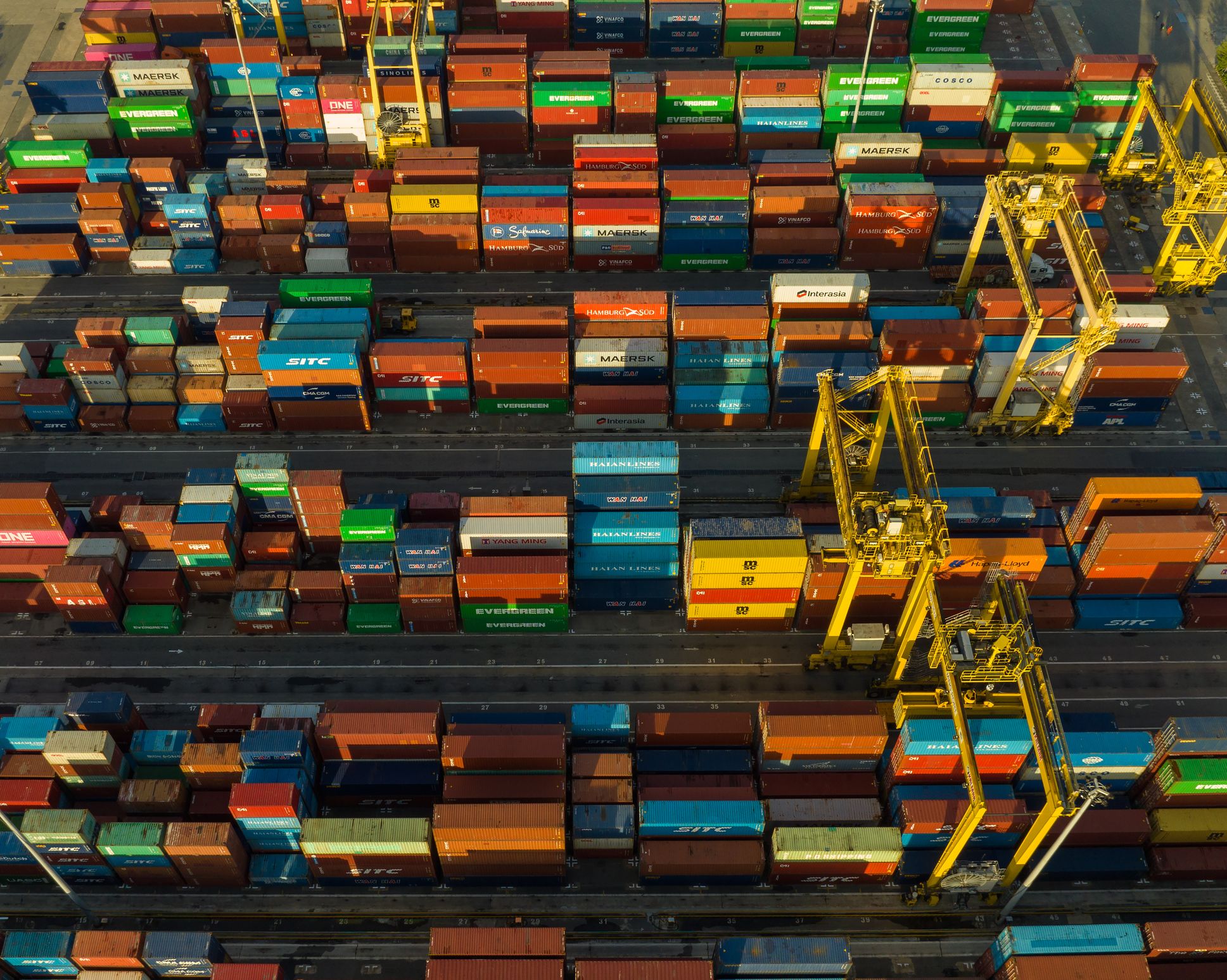
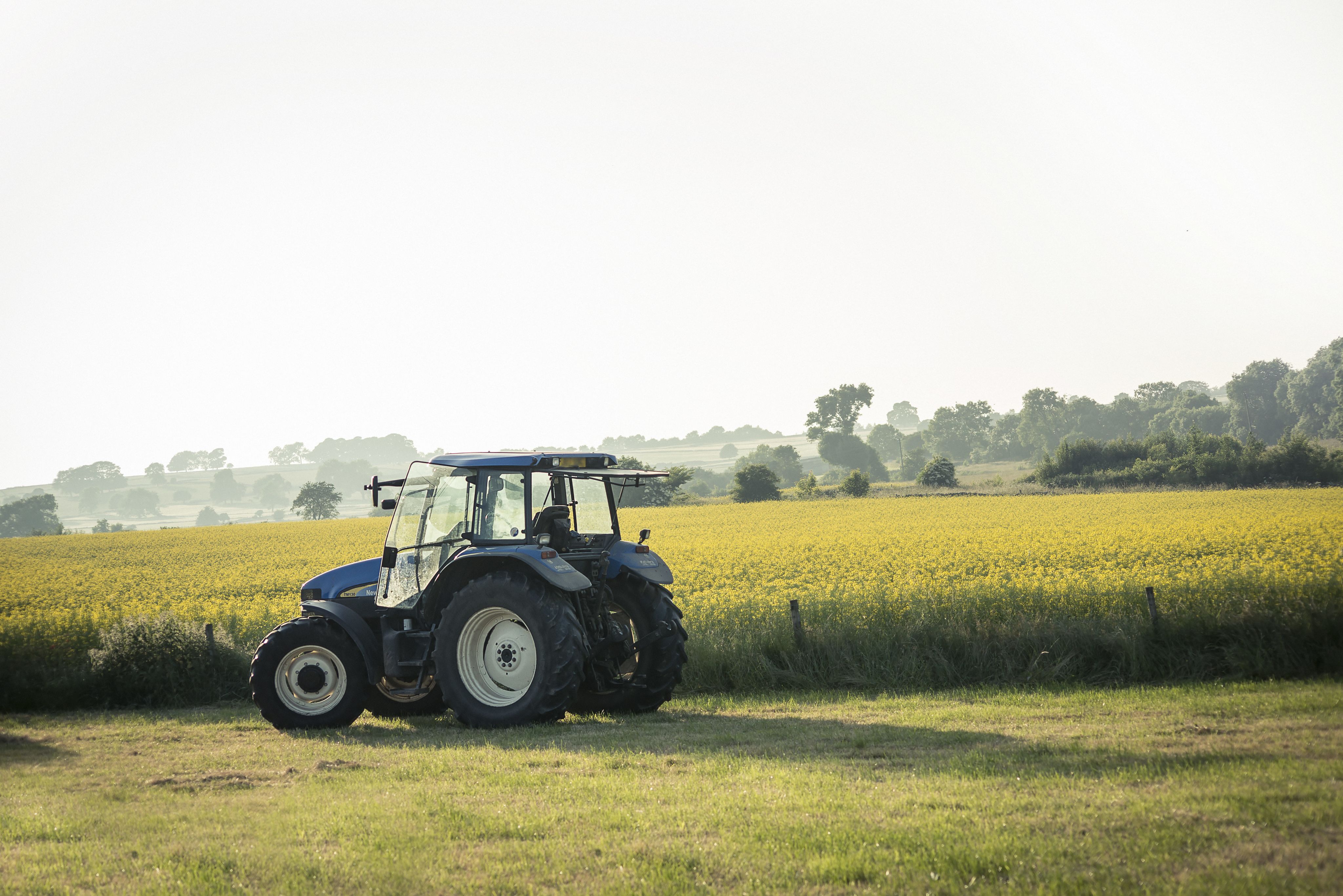
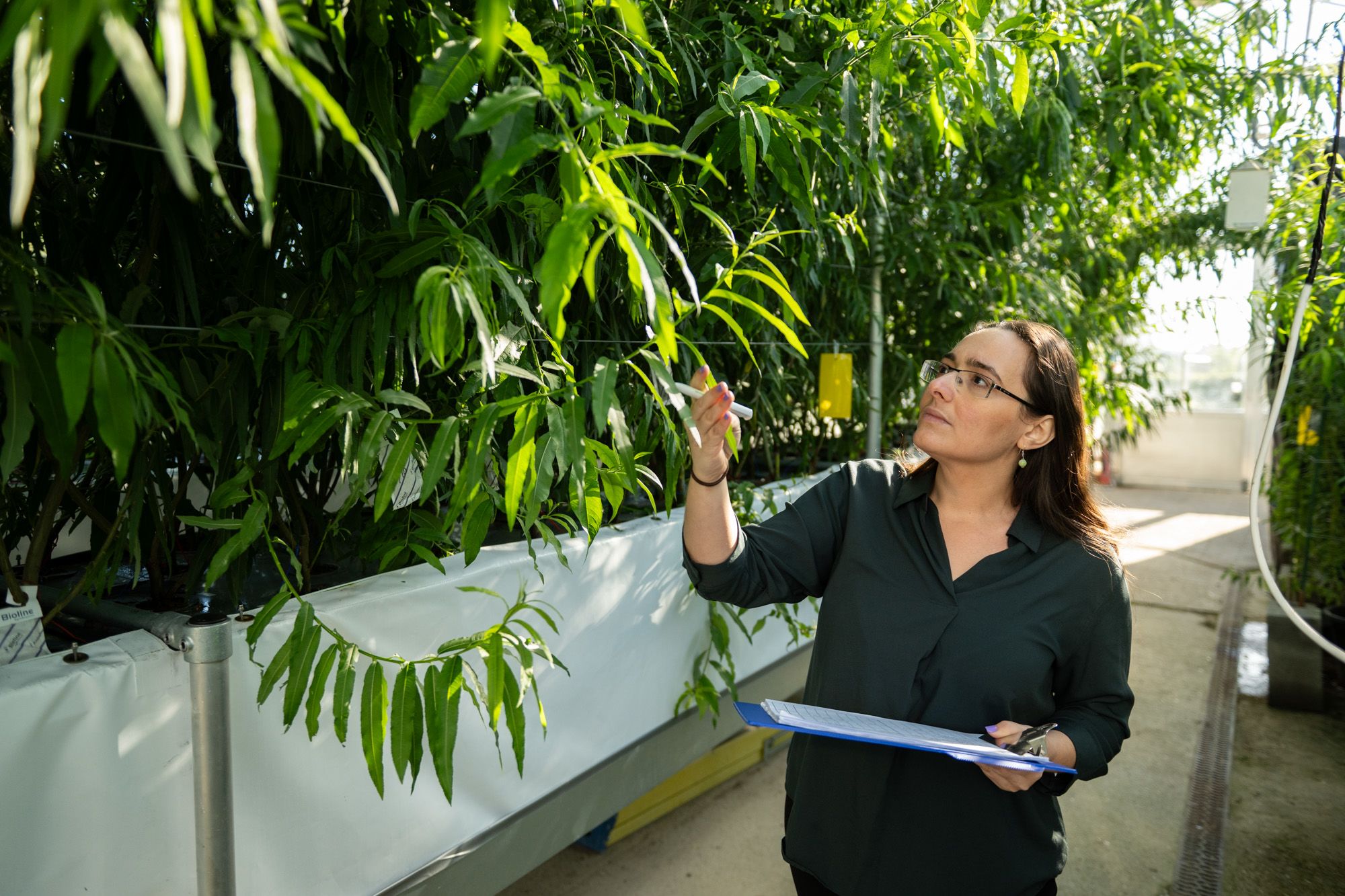
At the 2024 National Farmers Union (NFU) Annual Conference, then-Prime Minister Rishi Sunak made a bold pledge to restore food security to the top of the UK agenda, promising to invest billions in farming.
That same year, British farmers endured one of the worst harvests on record. Certain crop yields collapsed, battered by erratic weather patterns, while livestock farmers struggled with soaring feed costs and unpredictable seasons.
The United Kingdom Food Security Report 2024 found a stark vulnerability: while 62% of the country’s food supply comes from domestic production, 38% is imported - leaving the nation exposed to extreme weather, global supply chain shocks and declining soil health.
The warning was clear – without innovation, food shortages could become the norm rather than the exception.
Dr Zoe M Harris, Director of the Centre for Environment and Sustainability at the University of Surrey, believes the solution lies in transforming the way we grow food altogether.
We can’t keep farming the way we have for centuries and expect the planet to sustain us. We need solutions that don’t just feed people today but protect the environment for generations to come."
Strengthening resilience through sustainable innovation
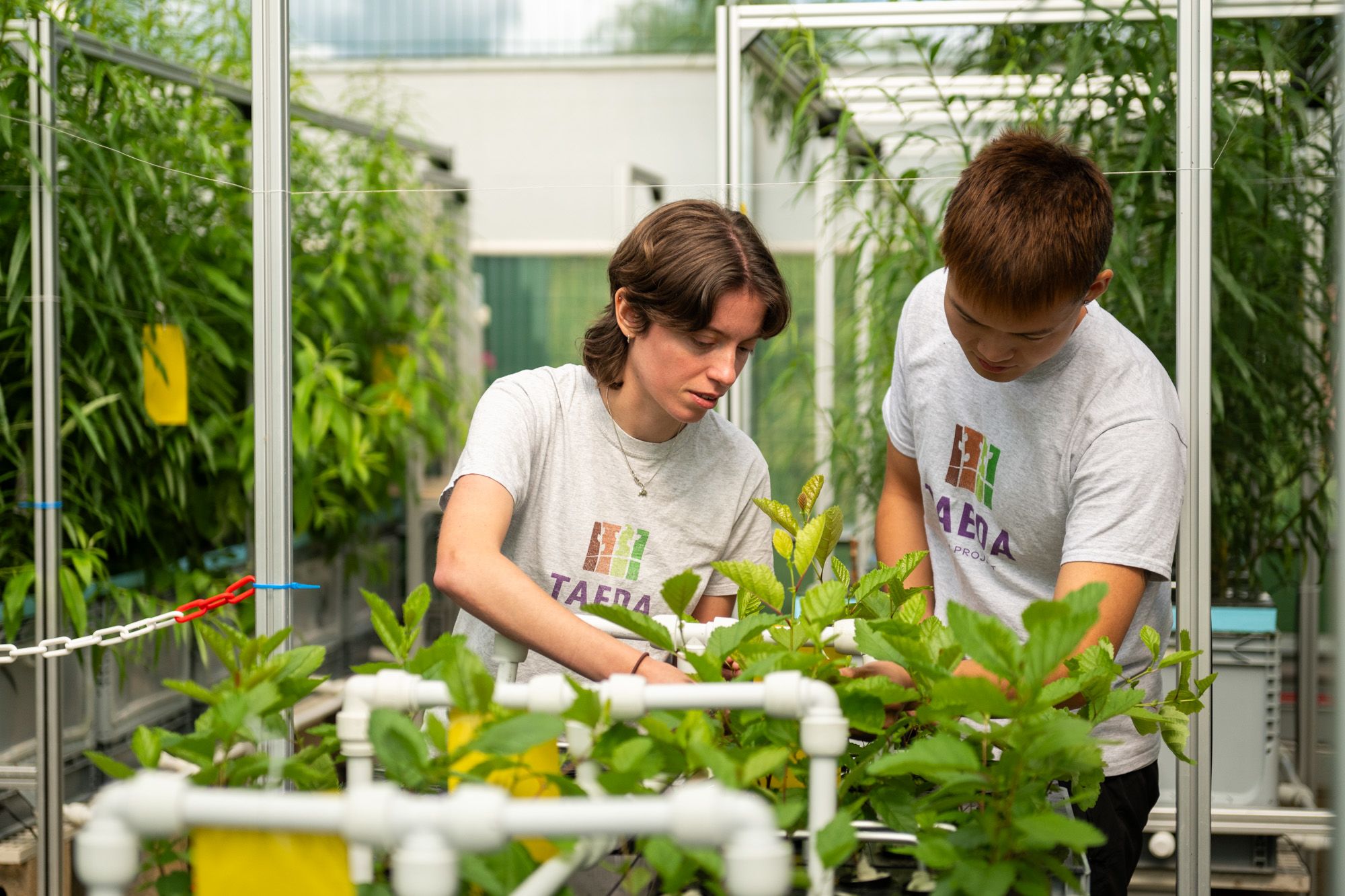
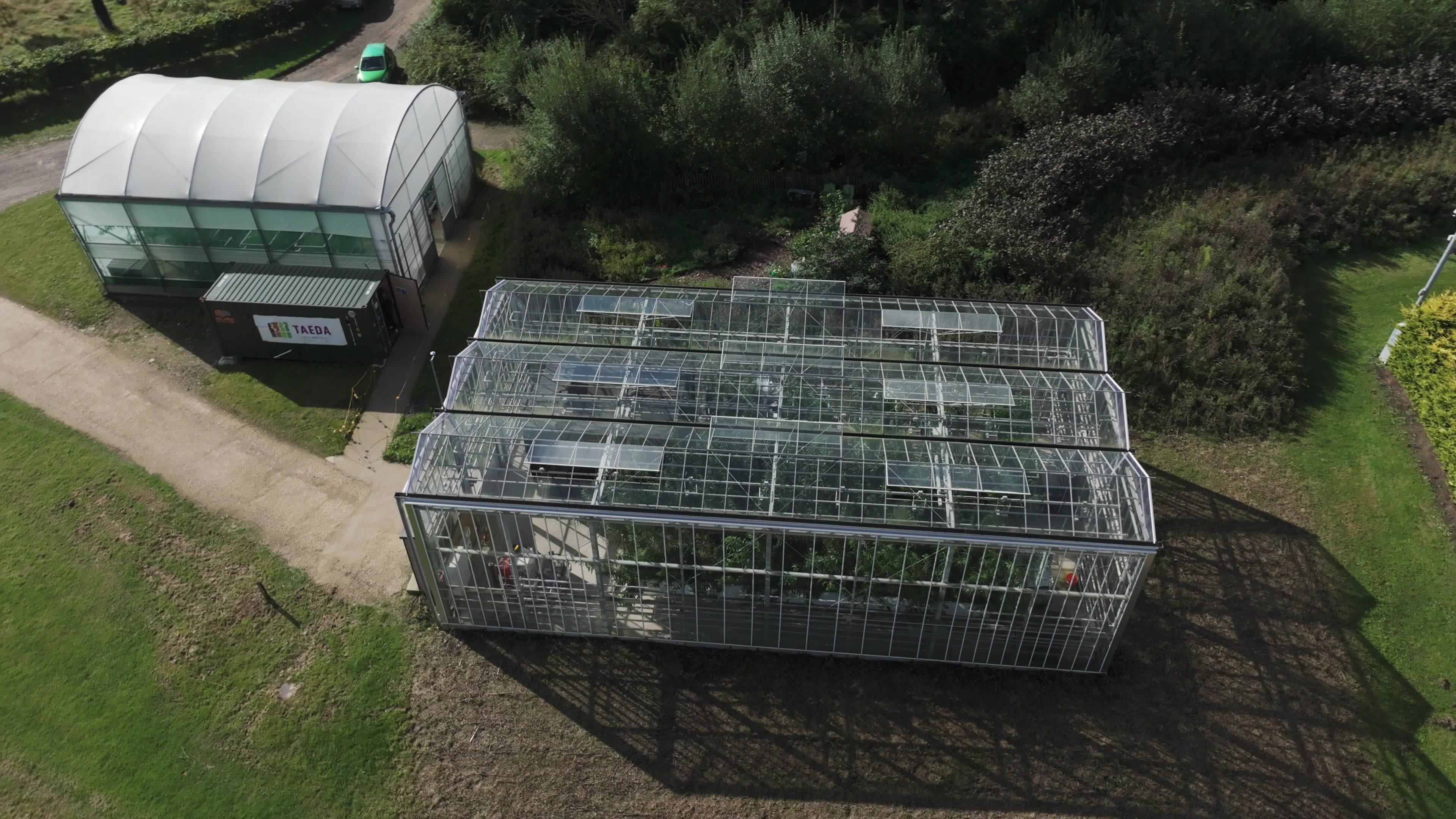
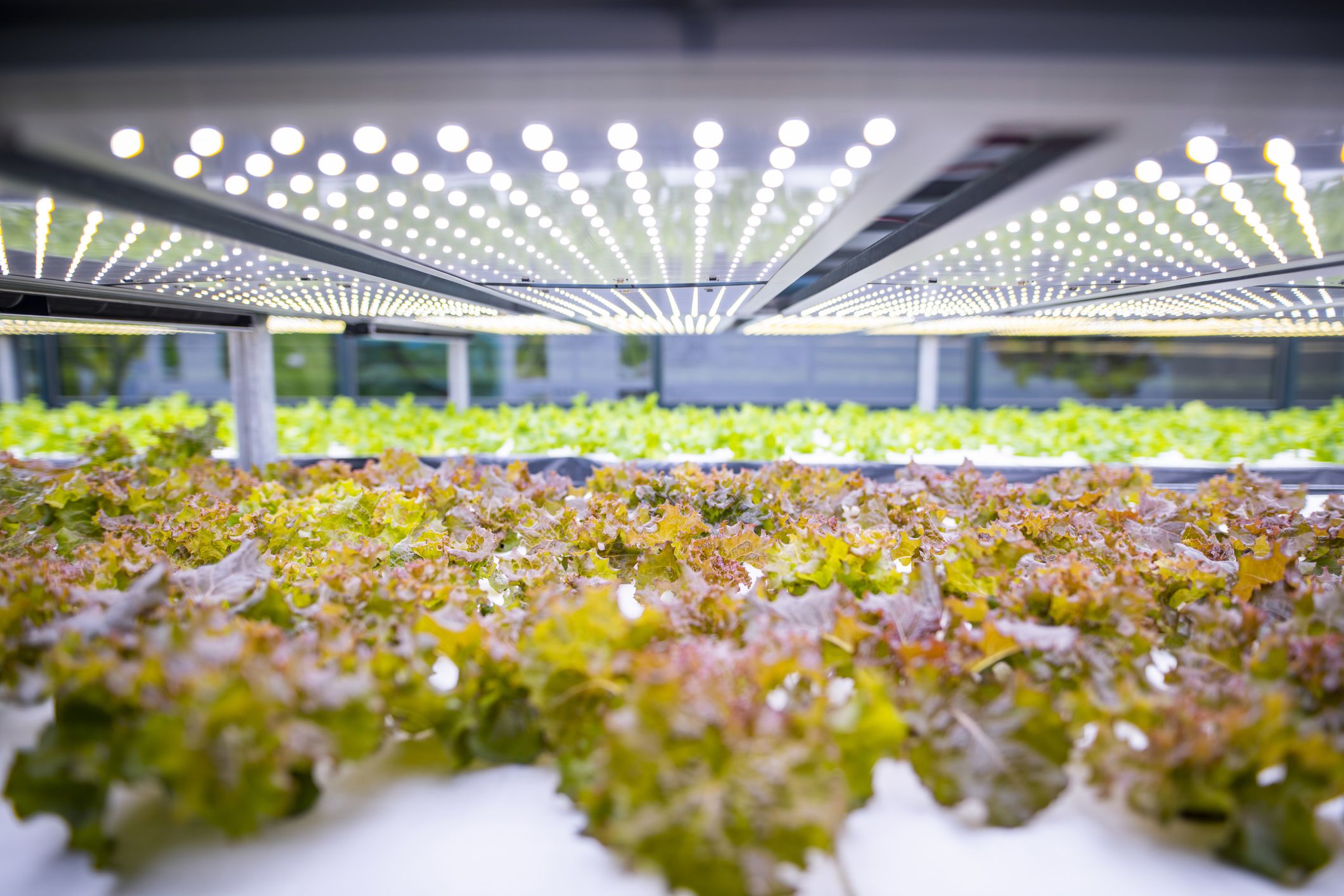
For Dr Harris, vertical farming is one of the most sustainable solutions to a potential food crisis. Instead of planting on fields that are vulnerable to the climate, crops grow in carefully controlled indoor environments, placed in soilless containers to maximise space and eliminate the need for arable land expansion. In turn, deforestation is minimised, and natural habitats can be restored.
Using controlled environments and advanced technology, vertical farms can grow crops like leafy greens with minimal water and no pesticides. This method could be the key to securing food in cities that are facing space constraints, environmental degradation and growing populations.
The way we grow food must be part of the solution, not part of the problem," said Dr Harris. "We have the technology to grow nutritious food in urban spaces year-round, making fresh produce more accessible while reducing transport emissions and protecting ecosystems.”
Outcomes from Dr Harris’s research have shown that vertical farming can use up to 28 times less land than traditional methods. In the case of lettuce farming, if all production in the UK were moved into vertical farms, it could save over 8,000 hectares of land.
When comparing vertical farming with in-field production, the findings reveal that emissions per kilogram of lettuce are broadly similar, but could be reduced through renewable electricity and more sustainable planting mediums.
Engineering a farming revolution
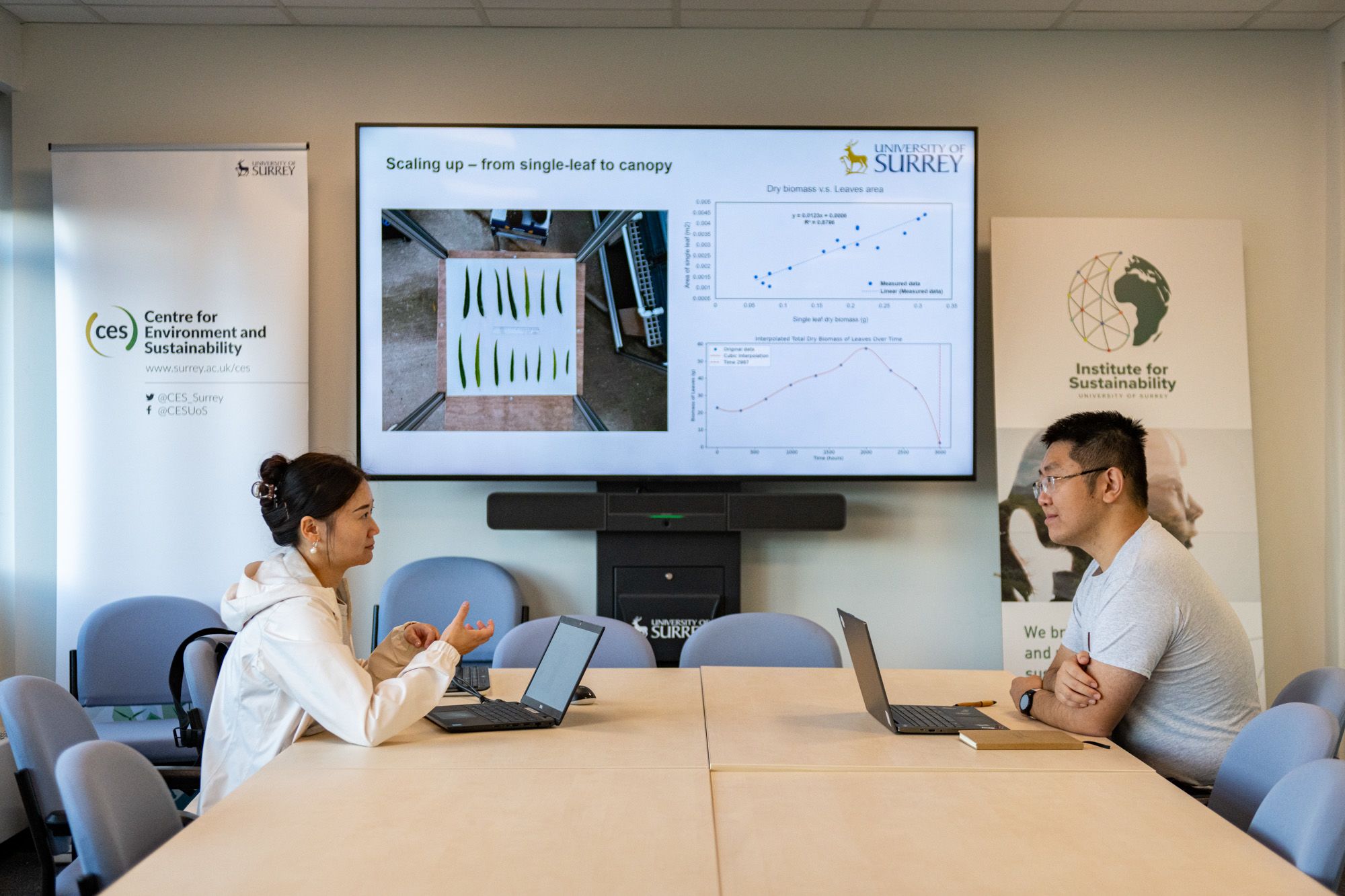
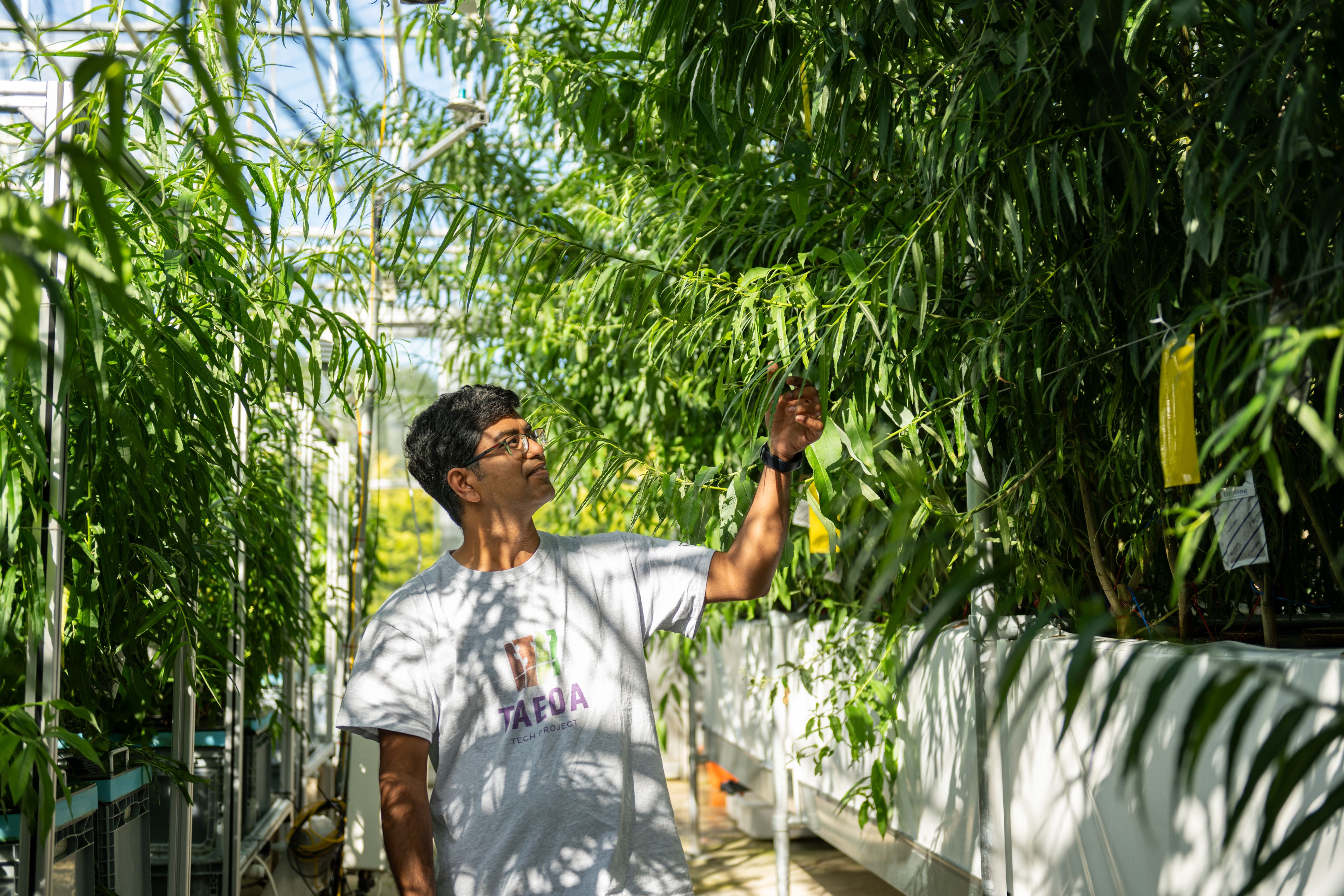
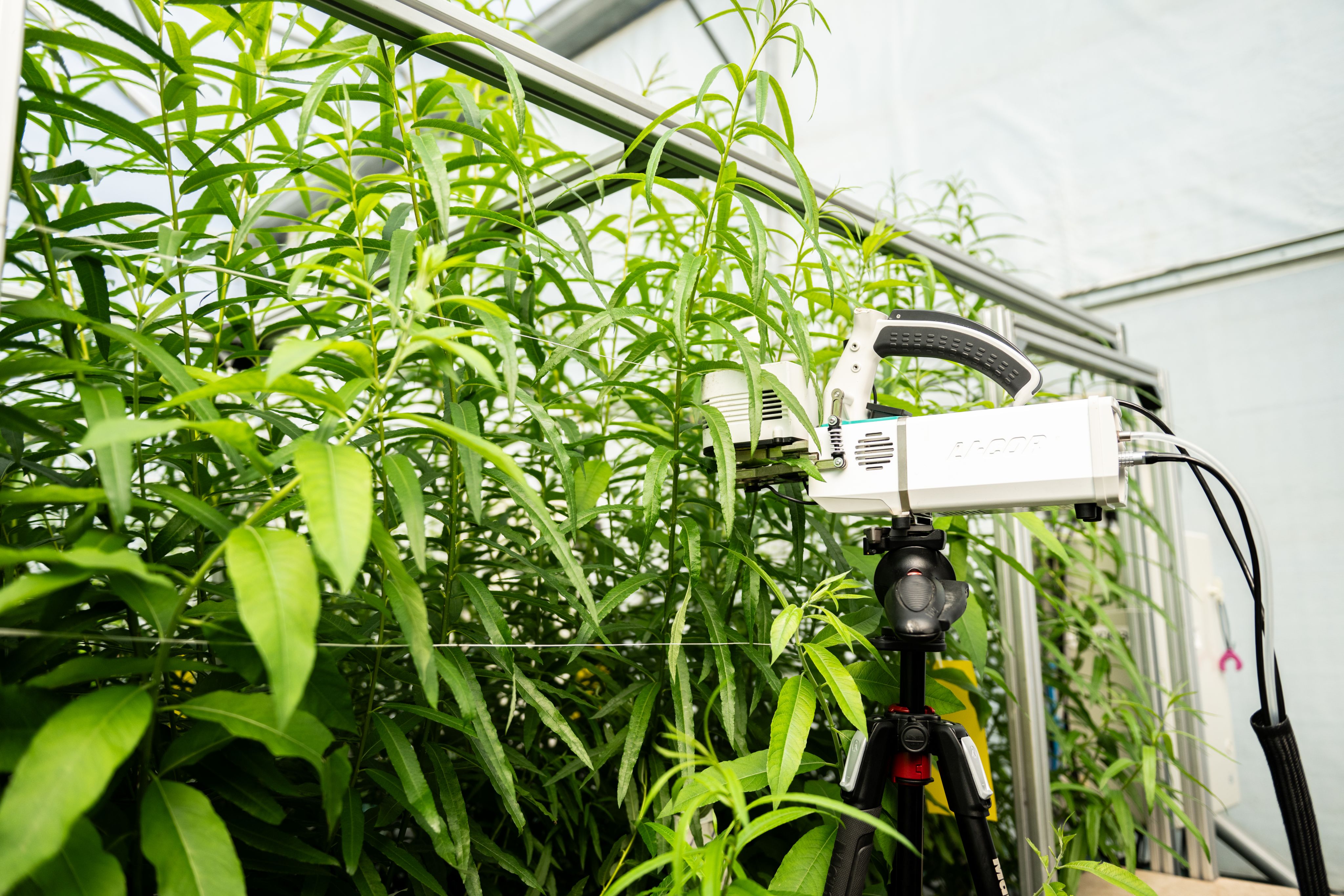
While food security remains central to her work, Dr Harris is also interested in how these novel technologies can transform other sectors, from bioenergy to rewilding.
As leader of the Taeda Tech Project, a £4 million initiative, she is working with partners to explore how aeroponic technology can be used to rapidly grow woody biomass feedstocks – fast-growing plants that can be used for food, fuel and sustainable materials.
Traditional farming is resource-intensive and vulnerable to climate change," Dr Harris said. "But aeroponics allows us to grow crops faster, with significantly less water, and without soil."
Aeroponics – a method that suspends plants in a nutrient-rich mist instead of soil – has been proven to accelerate crop growth while using a fraction of the resources required by conventional farming.
Not only does it have massive potential to strengthen plant nursery stock production for bioenergy, but also for reforestation and rewilding efforts. In comparison to traditional field multiplication, the technology can:
- Propagate SRC willow (a woody plant) faster
- Achieve a higher yield of planting material
- Produce on a smaller land footprint
- Deliver greater quality control
The project, involving a collaboration of leading research and industry partners, is using digital twin modelling to optimise growth, lifecycle assessments to measure sustainability, and socio-economic modelling to assess its impact on the UK’s economy and trade.
Dr Harris added:
With the ability to generate large amounts of biomass feedstock quickly, we’ll be able to help increase the use of renewable energy, reduce the use of damaging fossil fuels and help increase biodiversity on the landscape. The Teada Tech project is more than just research; it’s a game-changer in how we think about sustainable agriculture.”
Shaping policy for greater food security

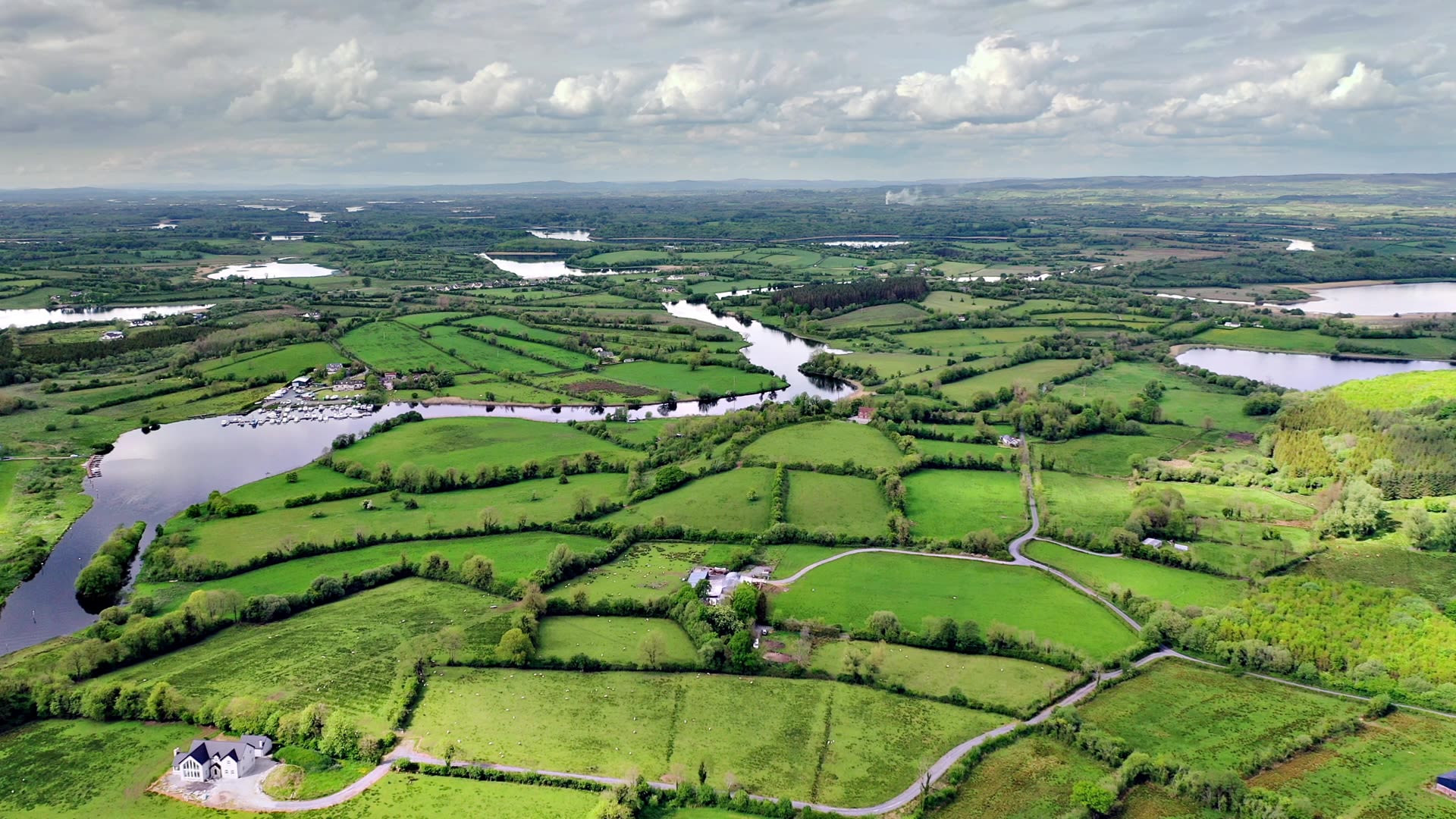
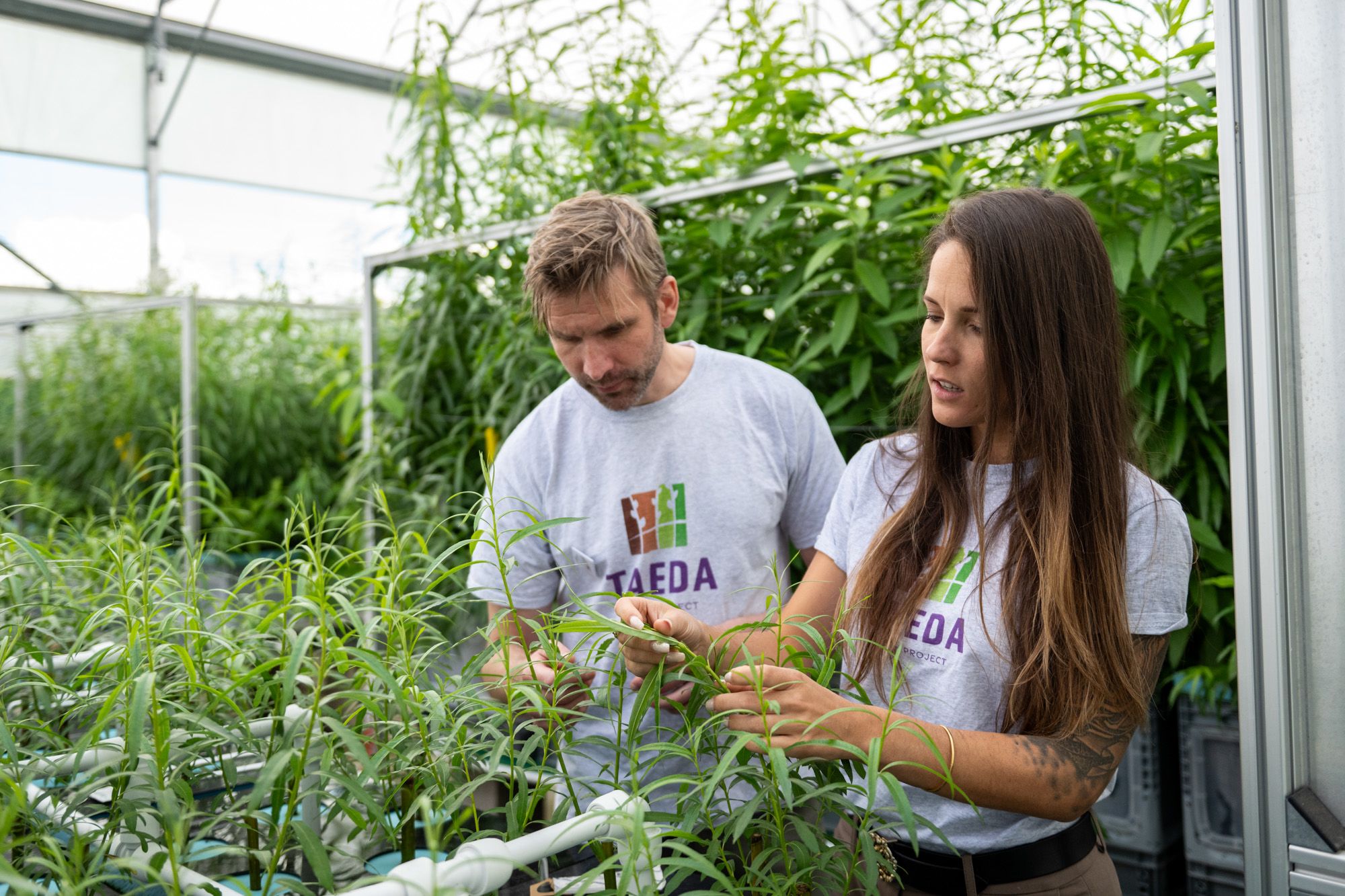
As the UK representative and Head of Communications for the IEA Bioenergy Executive Committee, Dr Zoe M Harris is a driving force behind international efforts to integrate bioenergy with sustainable agriculture.
Her expertise is influencing everything from urban planning to climate resilience strategies, ensuring that future cities will be designed with vertical farms as part of their core infrastructure.
We need food and energy policies that work together," she said. "We can’t treat them as separate issues anymore."
Historically, agriculture has been one of the biggest contributors to greenhouse gas emissions, with deforestation, fertiliser use, and food transport playing major roles. However, Dr Harris’s work proves that sustainable agriculture can be a viable solution – reducing emissions, cutting down on food miles, and creating local, climate-resilient food systems.
Her policy work holds promise for shaping national and international discussions on sustainability, with hopes it will push governments and industry leaders to look at how we can use land in the most optimised way to provide both food and fuel.
It also directly supports the United Nations’ Sustainable Development Goals - particularly Zero Hunger, by improving food security; Industry, Innovation and Infrastructure, through the advancement of sustainable technologies; and Life on Land, by reducing pressure on ecosystems and helping to halt deforestation.
The reality of a changing climate
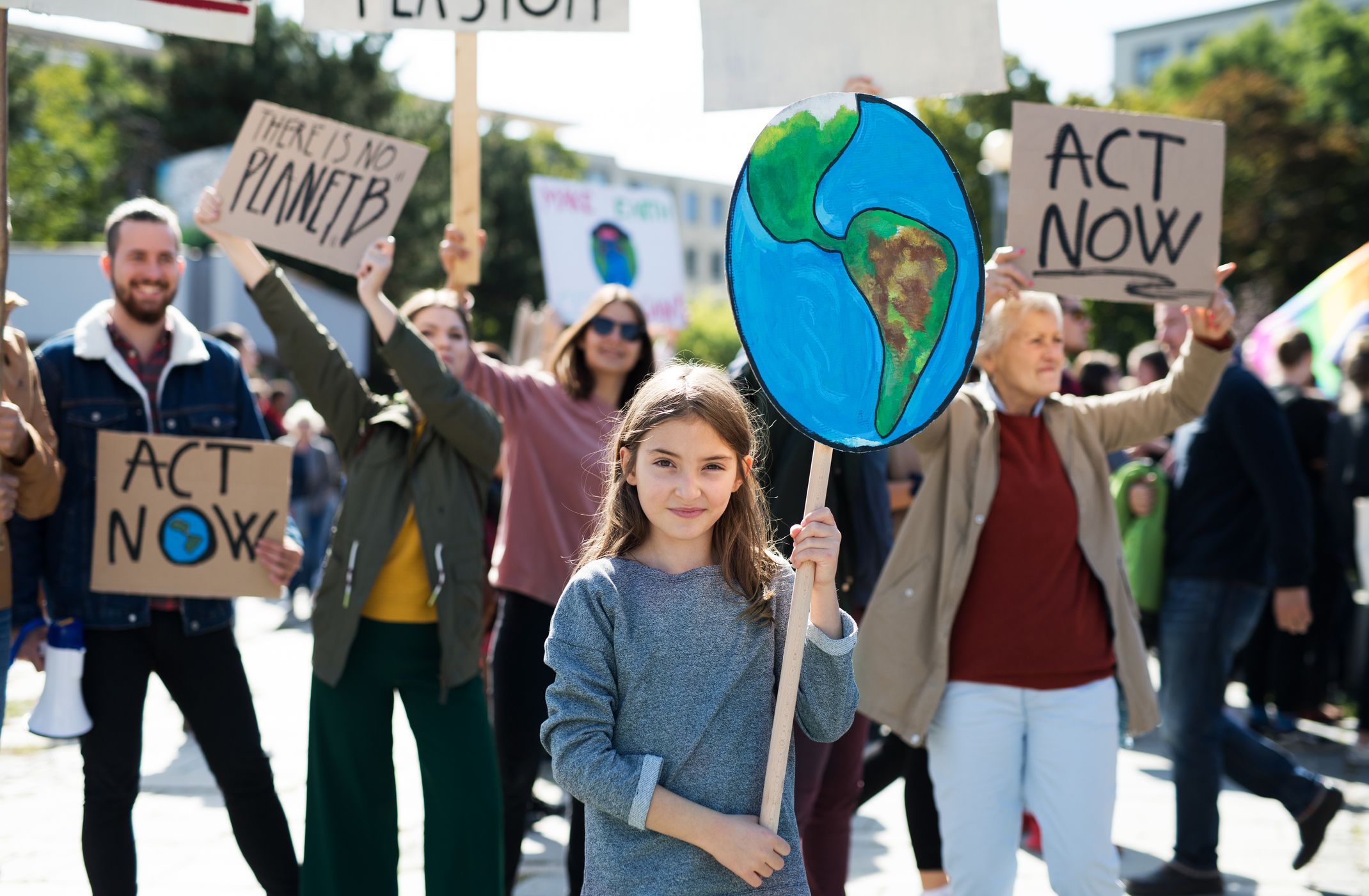

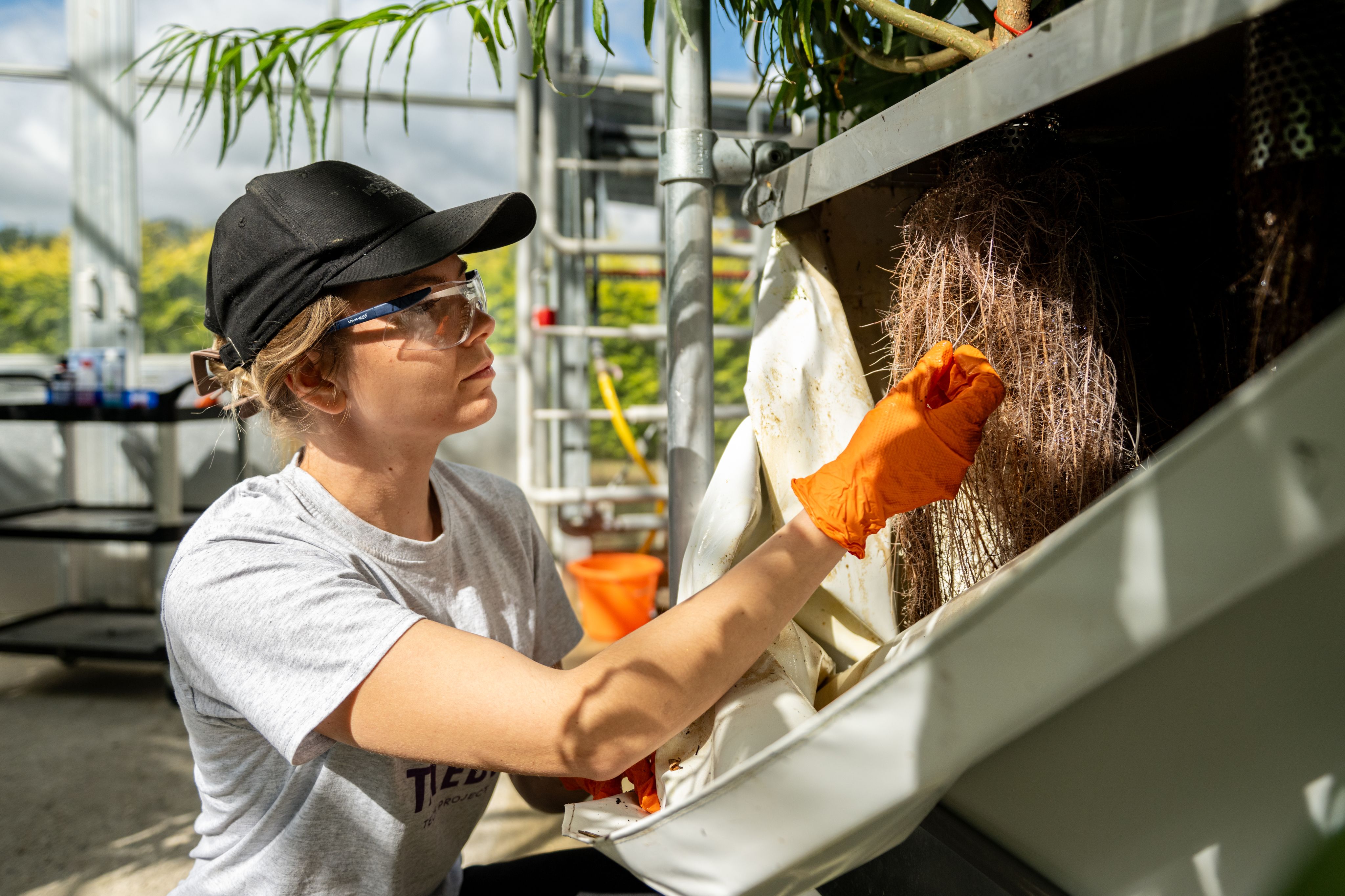
If recent years have proven anything, it’s that climate change is not a distant threat – it is happening before our eyes.
Extreme weather events, from scorching heatwaves and wildfires to floods washing away farmland, are becoming more frequent and severe. At the same time, urban populations are rapidly increasing, placing even greater pressure on food production.
By growing food indoors, crops are protected from climate-related disruptions. More importantly, vertical farms can exist anywhere – inside repurposed warehouses, underground bunkers, or even in skyscrapers specifically designed to grow food.
But that’s just one way of working towards a greener future...
Integrating bioenergy solutions with sustainable agricultural practices, Dr Harris is helping to create a holistic approach to both food and energy production. Her work in the bioenergy sector, through initiatives like the International Energy Agency Bioenergy Technology Collaboration Programme, is accelerating the transition to renewable energy, showing that food and energy systems can work hand-in-hand in meeting Net Zero targets.
The future of our food:
From vertical farm to fork
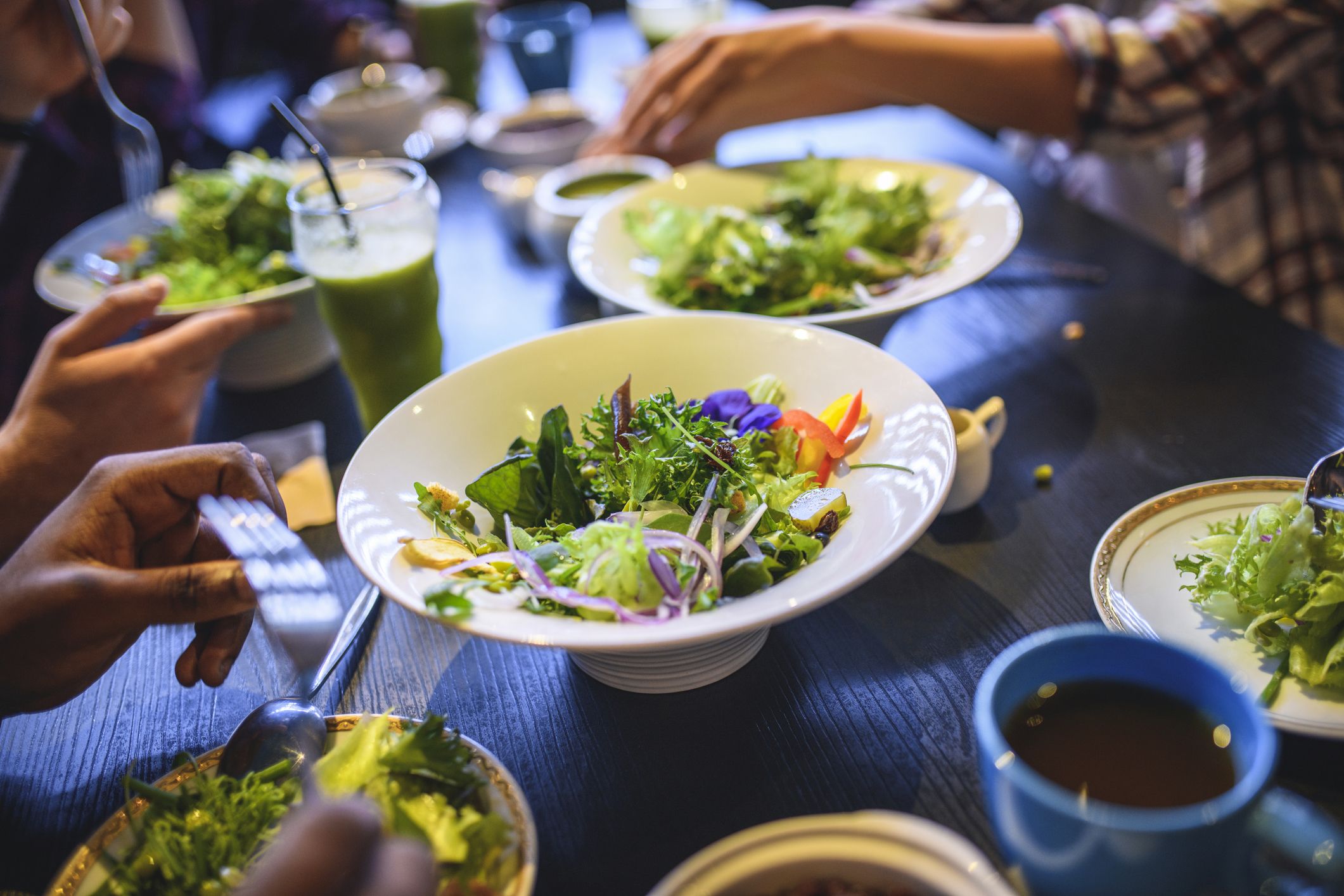
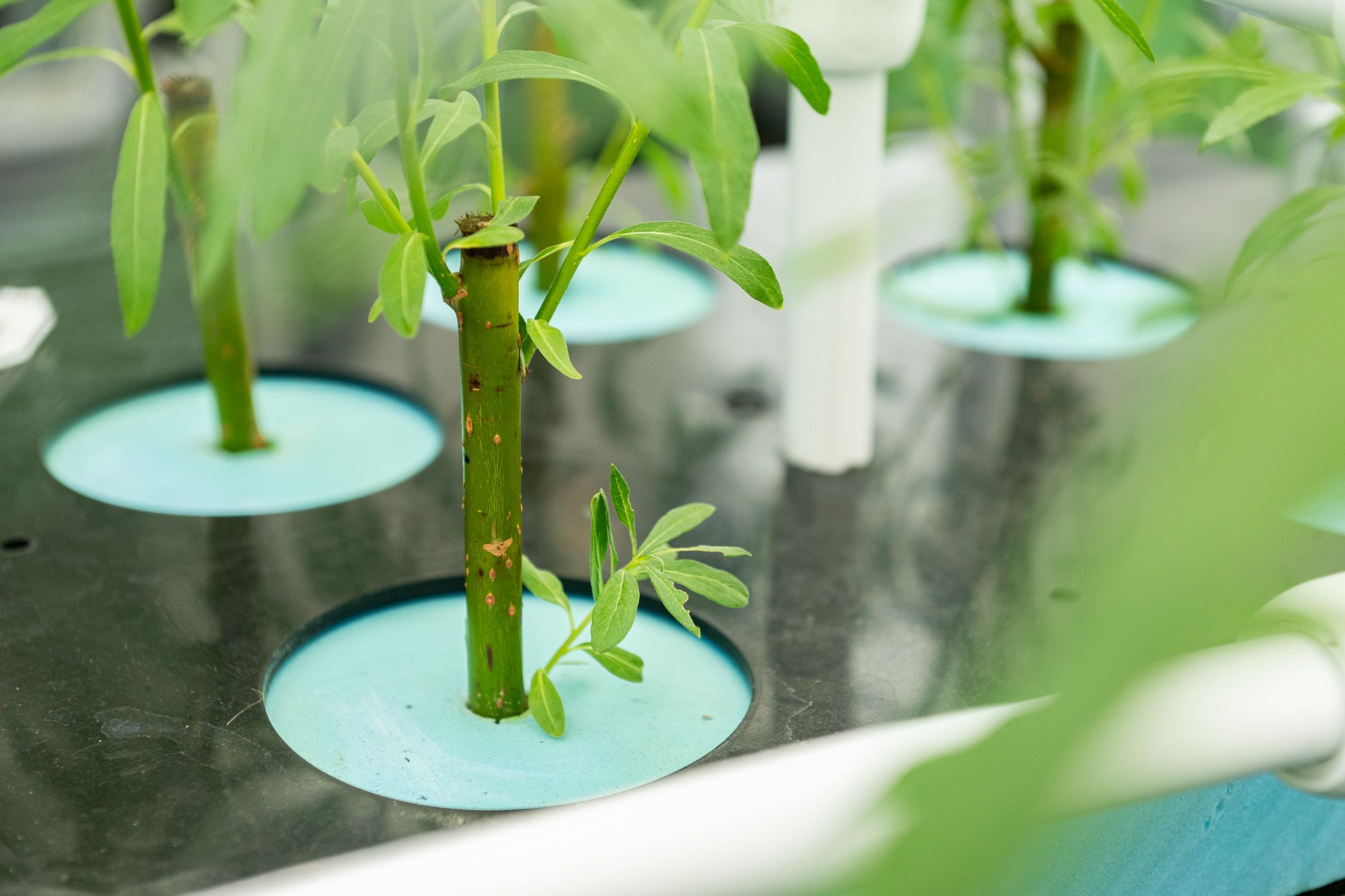
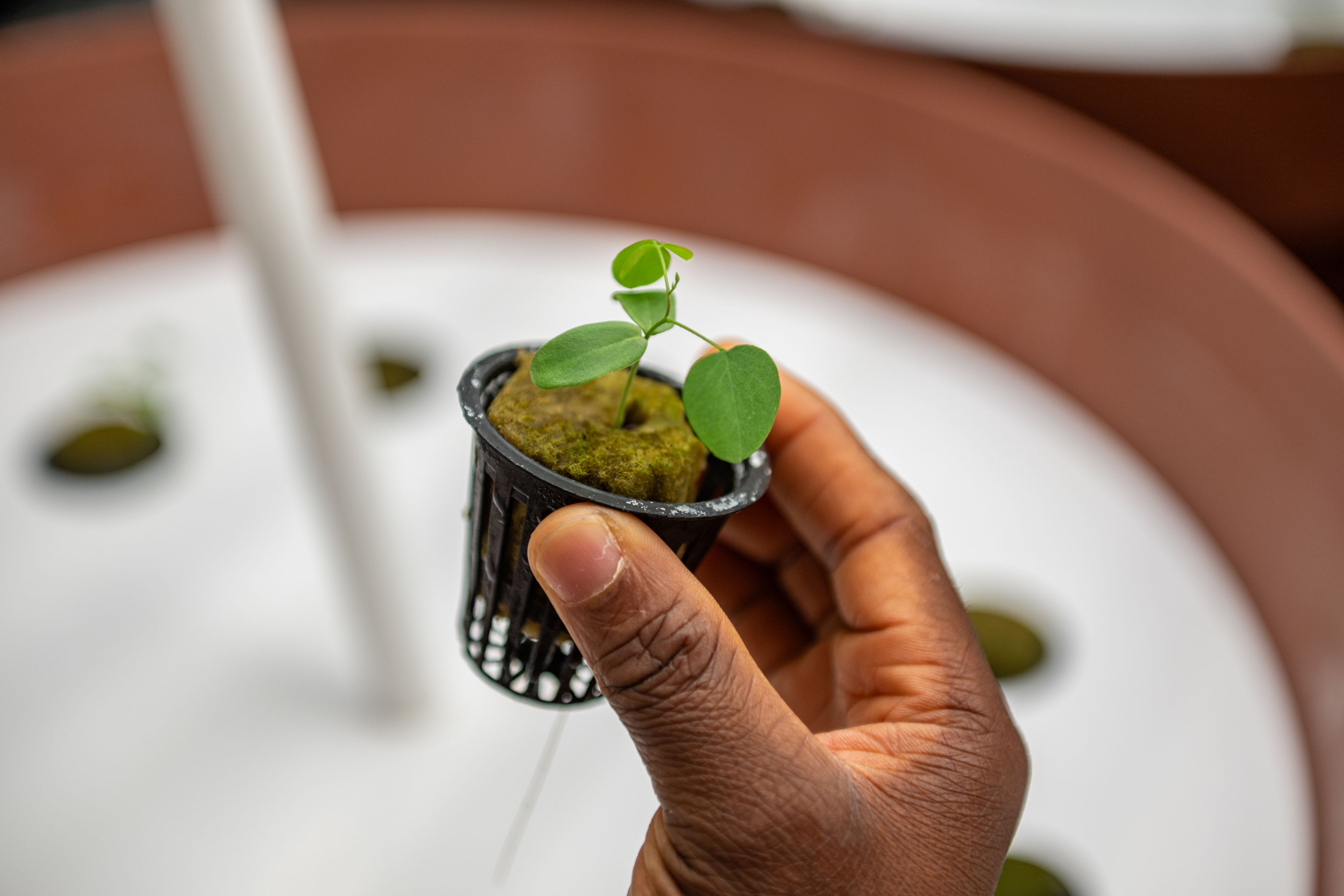
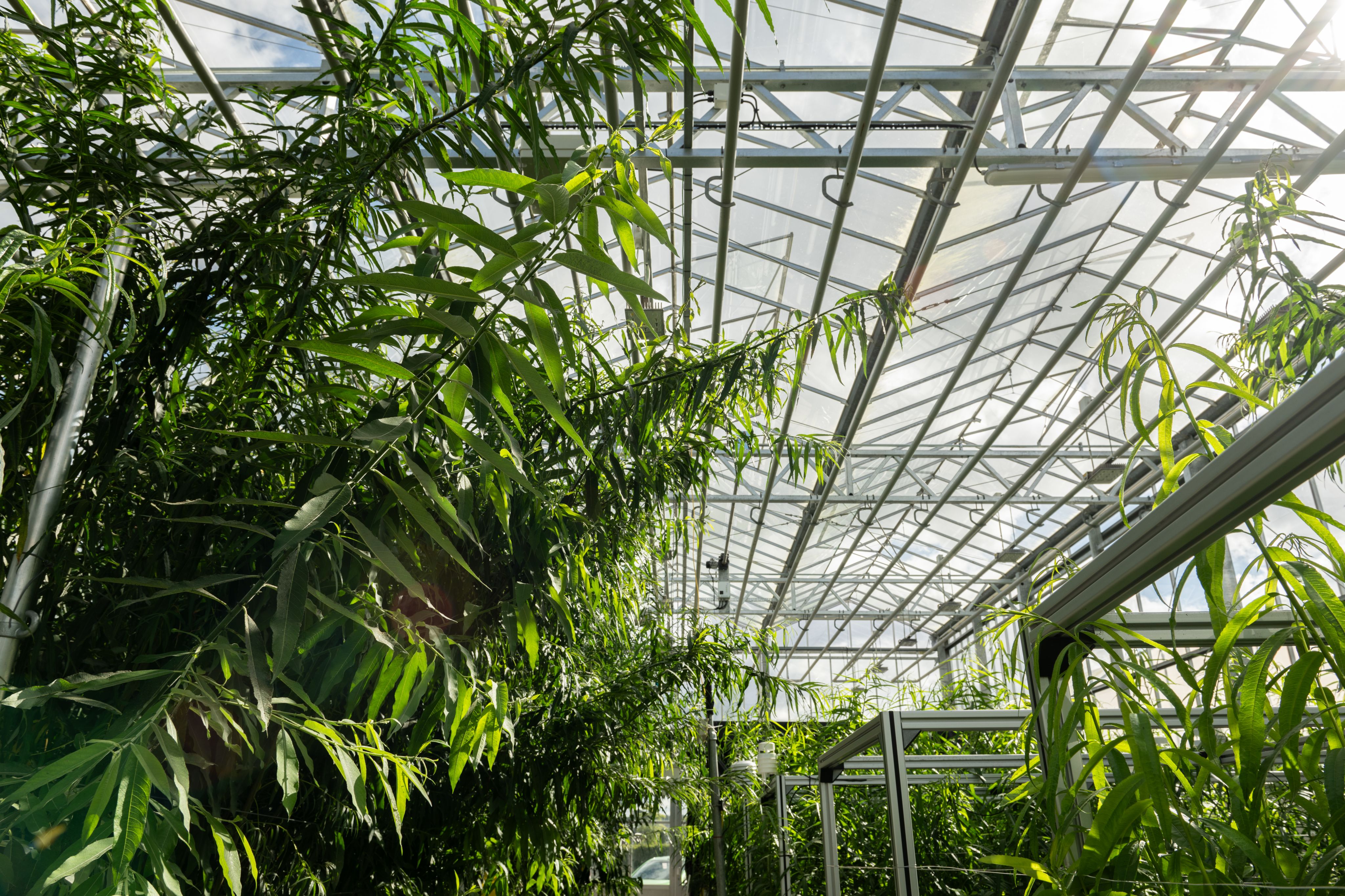
Food security is one of the greatest challenges of our time. By 2050, the world’s population is expected to exceed 9 billion, requiring 70% more food to meet demand.
Dr Zoe M Harris’s work in vertical farming is key to closing this gap, but technology alone isn’t enough. To make a real impact, governments, businesses and communities must work together to scale up these solutions.
Ambitious efforts are underway through the Vertical Farming to Improve UK Food System Resilience (VF-UKFSR) project, a £1.4 million initiative led by Dr Harris and funded by UK Research and Innovation (UKRI). Researchers are looking at how vertical farming can strengthen the UK’s supply of leafy greens – crops that are vital to a healthy diet.
Our project is keen to explore how vertical farming can provide local, diverse, and culturally appropriate food, given its potential to grow a wide variety of crops,” said Dr Harris.
"So far, there's been little in-depth analysis of the risks to our country's leafy greens supply nor a thorough examination of the benefits and trade-offs vertical farming could bring to the UK's food system. Thanks to this grant from UKRI, we're excited to change that and create a clear roadmap to unlock this potential on a larger scale."
Vertical farms are already emerging in cities from Singapore to London and New York, but greater investment, policy support, and public awareness are needed to make them mainstream.
We have a choice,” Dr Harris said. “We can cling to the methods we know and hope for the best, or we can innovate.”
Dr Harris’s work in vertical farming and bioenergy is not only transforming how we think about food and energy - it’s shaping how we live on this planet.
As Co-Director of the Institute for Sustainability, her research plays a key role in advancing the University of Surrey’s mission to drive the global transition to a sustainable future. Through cross-disciplinary collaboration - within Surrey and with partners beyond - her work is helping to shape the industries of the future.
The Institute is not only delivering important research; it is also educating and empowering the next generation of sustainability leaders. Click here if you're interested in taking part in our BSc Environment and Sustainability course.
M. Williams, C. Angus, A. M. Laird, B. Davids, C. Aa. Diget, A. Fernandez, E. J. Williams, A. N. Andreyev, H. Asch et al.






